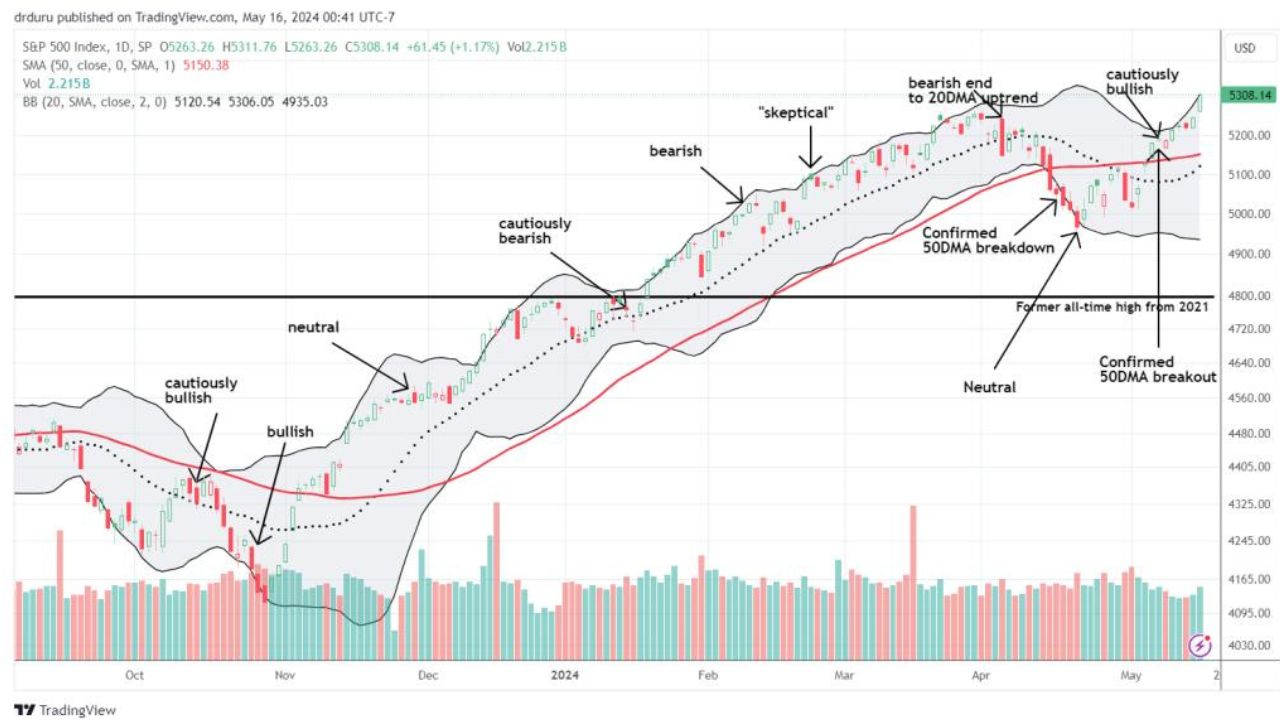April CPI Report Keeps Hopes Of 2024 Interest Rate
The Consumer Price Index data for April suggests that inflation may be decreasing after rising in February and March. Nonetheless, as of now, 2024 inflation is still higher than the low inflation that was announced in late 2023.

All things considered, April’s inflation data undoubtedly maintain expectations for lower interest rates in 2024. Even with this improvement, additional information will probably be required before the Federal Open Market Committee can be certain that inflation is heading in the direction of its 2% annual target.
Recent Inflation Figures
After food and energy were subtracted, CPI inflation increased by 0.3% in April 2024 and stayed there. While that is higher than the 0.1% to 0.2% inflation typically observed in the second half of 2023, it is less than the 0.4% headline monthly rises in February and March. Generally speaking, inflation running slightly below a monthly rate of 0.2% is consistent with the FOMC’s 2% annual inflation target. It seems that the inflation of core CPI has resumed its generally steady downward trend. On the other hand, since last summer, headline inflation has only fluctuated in a very small range.
The inflation picture may be getting better, but it is still not quite on track to meet the FOMC’s target, according to April’s inflation statistics. Crucially, core inflation in April dropped to an annual rate of 3.6%. This measure is at its lowest point since the March 2021 inflation surge agreement. At 3.4%, headline inflation is still somewhat erratic and higher than levels that were occasionally observed in 2023. It seems that the inflation of core CPI has resumed its generally steady downward trend. On the other hand, since last summer, headline inflation has only fluctuated in a very small range.
Components Of Inflation
In April’s report, the key CPI component of shelter did not cool as much as hopeful observers may have thought. It increased by 0.4% in April, which is in line with recent months and represents an annual growth rate of 5.5%. The FOMC’s 2% inflation target might be reached if housing costs were to decline.
In other news, car prices are still dropping, and the cost of eating out has decreased as well. In general, services continue to be the main source of inflation pressure. There has been a sharp increase in the cost of transportation services, particularly auto insurance. On the other hand, costs for home and medical services are beginning to decline.
Future Inflation Releases
Future inflation data could provide the FOMC with further optimism. That’s based on the Cleveland Fed’s most recent nowcast models. On May 31, the Personal Consumption Expenditures Price Index for April will be revised. The monthly PCE price index increase is predicted by Nowcast models to climb by 0.1% to 0.2%, which FOMC officials would probably find acceptable.
As of right now, forecasts for the next CPI Report covering May indicate a 0.1% monthly increase in headline inflation and a 0.3% increase in core inflation. Even though it may not be as consoling for FOMC officials, the forecast indicates that inflation is mostly restrained.
Upcoming Fed Meetings
The labour market is doing fairly well, so the FOMC is likely to wait and see what happens with the next round of inflation statistics. The FOMC is looking for additional proof that inflation is headed toward 2%. At the Federal Reserve’s next June meeting, rates are predicted to remain unchanged. Nonetheless, the fixed-income markets continue to believe that two interest rate reductions in 2024 are most likely. Some positive indicators from the April CPI report point to the possibility of interest rate reductions later in the year.


Comments are closed.